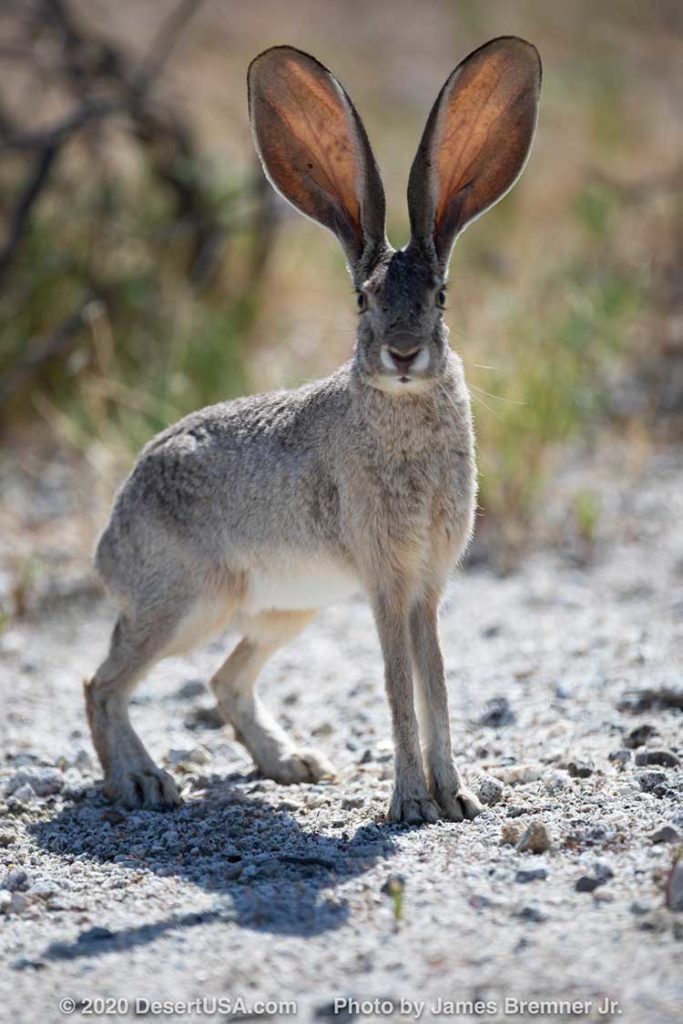Pandemics: A Fact of Life In Globalization

COVID-19 is not a creation of globalization, but it’s rapid spread around the globe is. And it is just one of many, many diseases that globalization has whipped around the world, many of which don’t affect humans. For instance, there’s a epidemic killing rabbits going on right now that has just been introduced to the American West.
A lethal rabbit virus is spreading across the southwestern United States, killing wild rabbits on this continent for the first time and causing concern for some fragile species and the animals that prey on them.
The most recent deaths were reported last week in southern California, where employees at a wind farm happened upon the carcasses of 10 to 20 black-tailed jack rabbits scattered across the desert near Palm Springs. That followed thousands of deaths since March in wild and domestic rabbits in New Mexico, Texas, Arizona, Colorado and Nevada.
While rabbit hemorrhagic disease virus type 2 can produce symptoms such as seizures or fever, it often causes sudden death, marked by “terminal squeals” and collapse. In wild die-offs, some rabbits have been found with blood near their noses and mouths, “but a lot of the time, the reports are just, ‘dead,’” said Deana Clifford, senior wildlife veterinarian for the California Department of Fish and Wildlife. “That’s a little bit startling to see a bunch of dead rabbits.”
…
Rabbit hemorrhagic disease first emerged in China in 1984, where it may have been introduced by imported angora rabbits, according to a report by Iowa State University. Outside Europe, the newer variant, type 2, has occurred in Australia and Canada, and there have been a few domestic cases in the United States since 2018.
But wildlife officials hoped North America’s native wild rabbits, which are different from European species, might be immune.
So far, the virus has killed four native species, according to the World Organization for Animal Health, to which the USDA reports various animal diseases: desert and mountain cottontails and black-tailed and antelope jack rabbits. Those are all abundant, but wildlife officials say they are worried about more fragile members of the rabbit family, as well as broader ecosystem effects. In Europe, researchers have linked lynx declines in some areas to rabbit die-offs.
A mass die-off of rabbits would have huge implications on many ecosystems. But the real lesson for LGM readers is not really about rabbits per se. It’s that in a world with ever-accelerating globalization, disease pandemics are a fact of life. What that means is actual policy and investment to fight pandemics and build up our health infrastructure and international cooperation on the issue. In conclusion, Donald Trump is a disaster that will take decades for us to recover from, and that only if we keep his followers out of power, part the gazillion.
….Also, if anyone wants to discuss the ridiculously large ears on jackrabbits, that’s OK.


